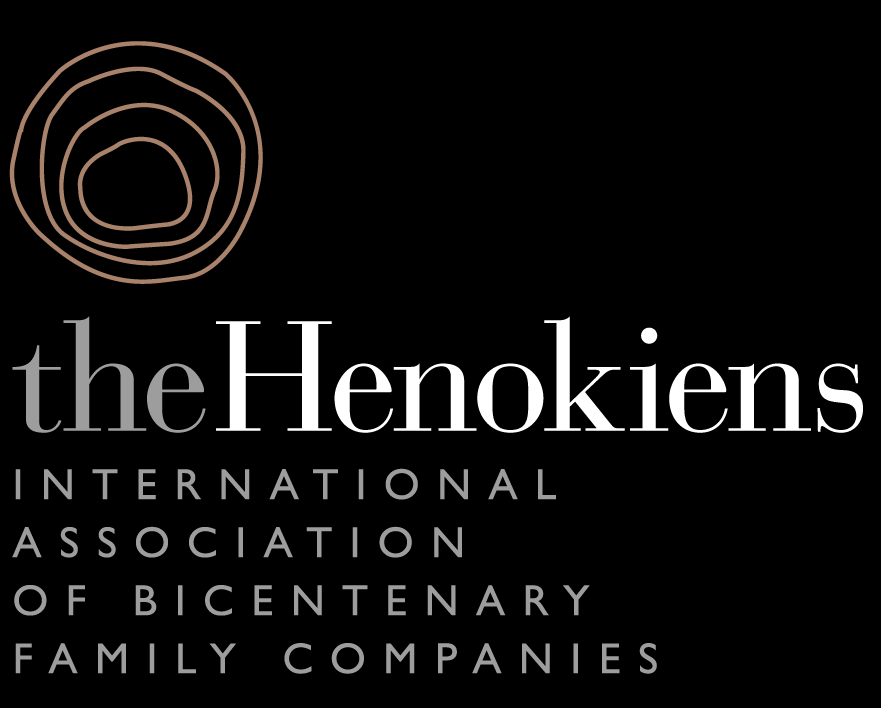Henokiens Activities

2025-06-07
Family Enterprise Day INSEAD
Human values serve as a fundamental guiding principle for family enterprises, shaping their governance, business practices and strategic decision-making. These values define the identity of the business and foster a sense of purpose across the organisation in an environment where trust and integrity are paramount.
The integration of human values in the DNA of family enterprises is vital to fostering unity, aligning intergenerational goals, resolving conflicts and promoting harmonious relationships that contribute to lasting success and longevity. When woven into the tapestry of the family company's strategy, human values create a unique organisational culture that distinguishes family enterprises from their corporate counterparts. The members of the Hénokiens Association, representing over 50 family enterprises and bicentenary firms, exemplify the commitment to upholding these values. Their success showcases the preservation and transmission of treasured values across generations for long-term success.
How do these enduring family enterprises maintain their resilience and adaptability, while underpinning human values at the core?
What is the role of Next-Gen in upholding these values in an ever-changing and disrupted business landscape?
To glean insights on the role of human values in shaping the course of family enterprises across different generations of family enterprises, the INSEAD Wendel International Centre for Family Enterprise in collaboration with the Hénokiens Association, is jointly hosting the Family Enterprise Day focused on the theme "The Hénokiens Legacy: Human Value at the Core of Success and Longevity in Family Firms”.
During this day, which brought together an audience of 50 participants, mainly made up of MBA students, and in which the following speakers took part, Xiaowei Roze Luo, Professor of Entrepreneurship and Family Enterprise at INSEAD and Ludo Van der Heyden, INSEAD Chaired Professor of Corporate Governance, two case studies of Henokiens companies were revealed.
The first one by Josip Kotlar Professor of Strategy, Innovation and Family Business, Politecnico di Milano - School of Management.
The second from Pinto Basto, a Portuguese company founded in 1711 having activities on the following five branches : Logistics, Shipping Agents, Liner Services, P&Is Clubs and International Commerce. The case was presented by its author Nuno Moreira da Cruz, Dean of Executive Education at Católica Lisbon School of Business & Economics, in the presence of five members of the family owning Pinto Basto, Bruno and Madalena Bobone, João Bobone, Manuel and Sara Bobone.







